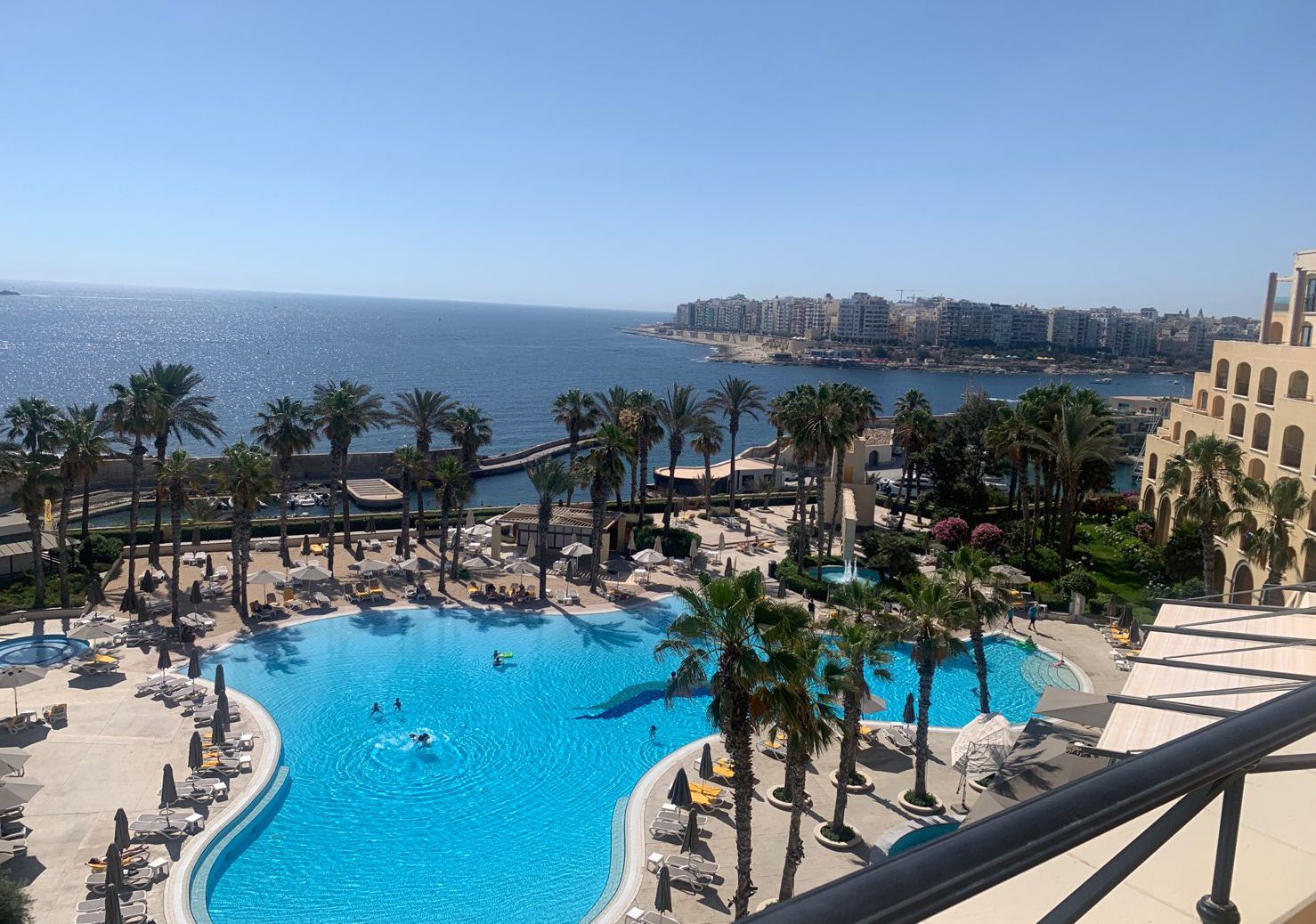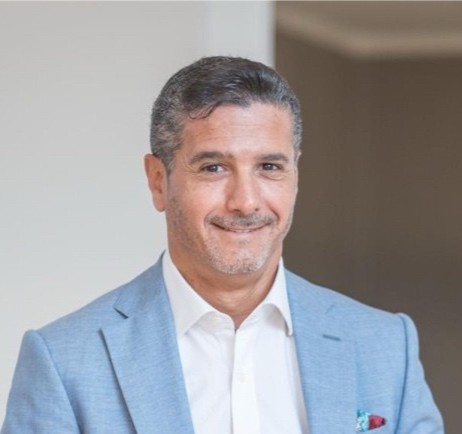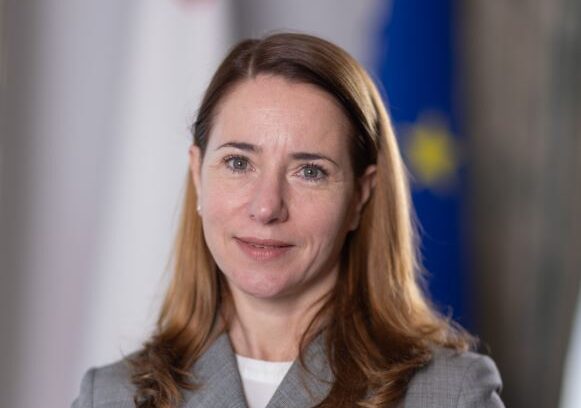Tumas Group Chairman Raymond Fenech has underlined the need to “redefine and calibrate” the country’s tourism strategy.
The industry stalwart said that although tourism arrivals continued to set records in the first six months of 2024, “this did not necessarily translate into higher occupancy and room rates for all accommodation segments.”
He said that the five-star segment is “weathering a relative challenge when it comes to improving room revenue over levels reached in 2023.”

Mr Fenech explained that occupancy is estimated to dip marginally on last year, and more significantly below budget.
However, he added that the performance for the first five months of this year was characterised by business that was previously committed to, including in the MICE sector, thus inflating the traditional demand for the first few months of 2024.
In the latter months of the first half of the year, the company noted lower demand in leisure business, which negatively impacted both occupancy and rate.
“The need to redefine and calibrate the island’s tourism strategy is evident,” write the Tumas Group Chairman in the director’s report on the interim financial statement, “as although [tourism] numbers increase, this has not seen a pro rata push in the five-star segment.”
The lack of direct correlation between overall arrivals and five-star accommodation bookings, he said, “is evident.”
While acknowledging that the positive movements in passenger traffic through the airport, largely as a result of higher flight capacity to main airports and superior seat load factors, “provide a level of comfort to the industry as a whole,” Mr Fenech argued that “this may not be enough for the five-star segment to register better results on last year.”
Tumas Group’s hospitality results seem to confirm the concerns first made public in late 2022 by Marriott Hotel & Spa General Manager Alex Incorvaja, who pointed out that a shortfall of flight capacity to markets like the UK and Germany will likely have an impact on Malta’s higher-end accommodation.
“These two feeder markets are the most important geographic contributors to five-star hotels,” he told BusinessNow, “as guest spend is higher; the countries are also major hubs for transatlantic connectivity and are crucial for the meetings and incentive market, a segment which hotels like the Malta Marriott rely on in the low and shoulder season months.”
That same month, another five-star representative said: “It’s not a one-is-to-one ratio. One tourist does not simply replace another one. UK tourists tend to be more affluent and big spenders. For lower categories, perhaps, a tourist is a tourist, but for us, their profile makes a big difference.”
However, destination management firm Robert Arrigo & Sons Director Alan Arrigo argued that the tourists coming to Malta – including a large increase in arrivals from Poland – are simply choosing to spend their money elsewhere.
“It is not like they’re all staying at three-star hotels – and the difference between four- and five-star hotels is largely in the number of amenities, not necessarily a question of quality. It’s a question of perceived value.”
Delving deeper into the issues facing the five-star segment, Mr Arrigo argues that the large franchise model of practically all the local luxury hospitality offerings restricts their ability to react to market movements, since the international franchise will have certain requirements that limit local operators’ agency.
Four-star hotels, on the other hand, are largely family-owned affairs that are able to respond with agility to short-term trends, helping them capture market share in times of change.
Malta team is RS2’s ‘technological engine’ says CEO amid Visa USA partnership
Radi El Haj spoke to MaltaCEO.mt about RS2’s recent collaboration with Visa USA Inc.
7 ways self-awareness can instantly improve your presentation skills
The path to presentation excellence begins with self-awareness.
Alison Micallef appointed CEO at Malta Development Bank
She steps into the new role effective immediately.
Impact beyond profit: CSR in Malta is a must in 2025
Nowadays, corporate social responsibility can no longer take a backseat in your business's vision.









